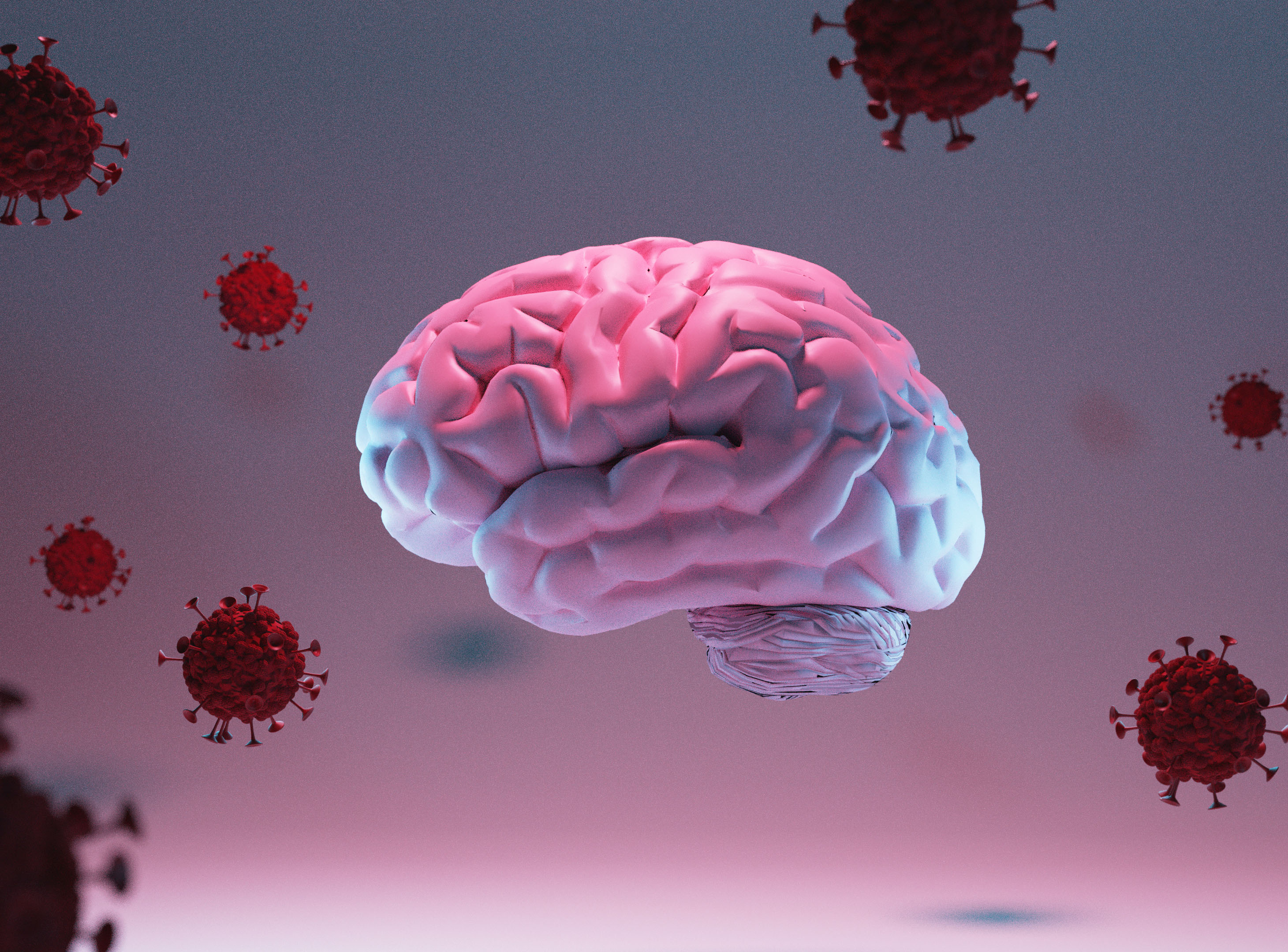 New research which has revealed brain changes after even mild doses of COVID-19 should have people alert but not alarmed, according to a Perth brain expert.
New research which has revealed brain changes after even mild doses of COVID-19 should have people alert but not alarmed, according to a Perth brain expert.
One of the biggest-yet COVID brain imaging studies, using scans from 785 people aged 51 to 81 in the UK before and after mostly mild COVID infection, found significant long-term effects, including changes in parts of the brain that affect memory and smell, and tissue damage in regions linked to smell.
Those who had COVID also showed larger cognitive decline than people not infected.
Writing in the Nature journal, the researchers said the effects were still seen after excluding the 15 people who had been hospitalised with COVID, implying even mild illness may have consequences for the brain.
Dr Sarah Hellewell, a research fellow at Curtin University’s Faculty of Health Sciences and the Perron Institute for Neurological and Translational Science, described the findings as “remarkable” but said Australians who had been infected with COVID should not panic.
What does it mean?
She told Medical Forum that while the research showed that even mild COVID could change the brain, the brain volume decreases and cognitive deficits detected were modest, and detected on a group level, so not everyone had the same effects.
“The people in the study group with COVID also had their infections in 2020 or early 2021, so they were exposed to earlier COVID variants, and likely were not vaccinated,” Dr Hellewell said.
“Because the majority of Australians have now received at least two doses of COVID vaccine, more research is required to understand whether the same brain changes would be seen in vaccinated people, and whether different strains affect the brain in different ways.
“We also do not know whether these findings are applicable to people of all ages, as the study looked at people aged in their 50s to 80s.”
But what of COVID’s ageing effects on the brain?
Dr Hellewell said brain volume losses seen were between 0.2% and 2% depending on the brain area, and this was equivalent to between one and six years of normal volume loss due to ageing.
“We don’t know yet how this will influence ageing in the months and years after COVID, so longitudinal studies are needed to understand what happens to these brain changes over time.
“They may be stable and not get any worse, revert back to normal with time, or reveal a progressive degeneration.”
Professor Paul Parizel, the David Hartley Chair of Radiology at Royal Perth Hospital and UWA, said the study not only documented the impact of COVID on brain tissue, but also demonstrated the huge scientific potential of big data analytics applied to brain MRI scans.
“Surely this should serve as a wake-up call for Australia to acquire all imaging data in a standardised and reproducible way, on calibrated instruments, and collect these data in an Australian imaging biobank,” he said.
“This will enable advanced data analytics to open new avenues for diagnosis, treatment monitoring, and possibly even prevention of diseases.”

